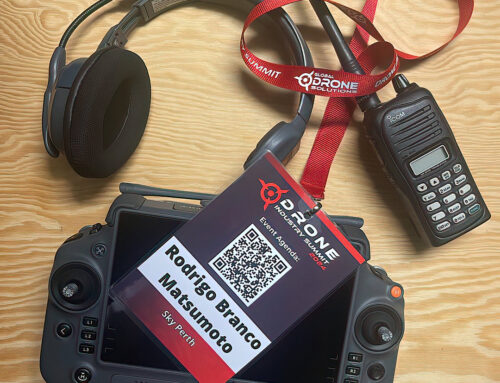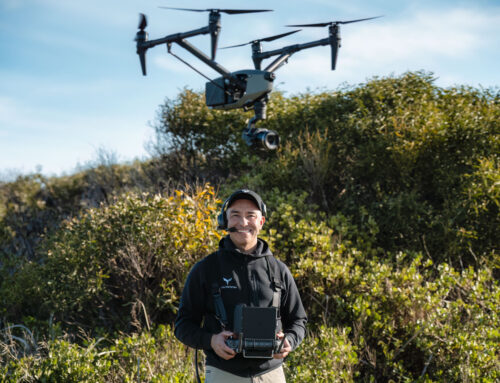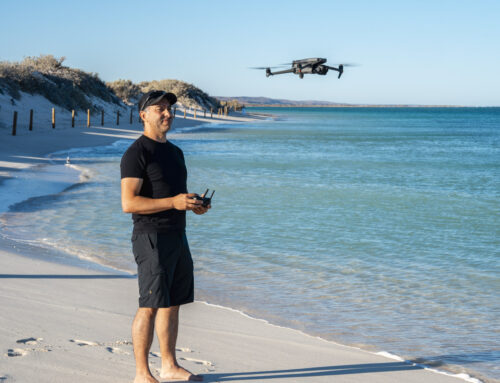The balance between innovation and safety is paramount in the rapidly evolving drone industry. As someone deeply entrenched in this field, I’ve observed a growing trend that merits discussion: the hesitance of clients to engage with drone pilots operating under CASA’s exclusion category for drones weighing less than 2kg. This observation isn’t just anecdotal; it reflects a broader concern on insurance, experience, liability, and operational capabilities, including the crucial ability to operate at night.
From the outset, let me be clear: the exclusion category offers a fantastic entry point for newcomers to the drone industry. It’s a testament to CASA’s commitment to fostering innovation while maintaining safety standards. However, as our clients have echoed, and as our operational philosophy aligns, there’s an unmistakable gap between the baseline requirements of the exclusion category and the elevated expectations of professional, commercial drone operations.
Why the Caution?
Our clients’ apprehensions stem from tangible business risks. Insurance coverage—or the lack thereof—under the exclusion category often falls short of the robust protections savvy businesses seek. The perceived lack of experience and the tangible limitations on operational flexibility, such as the prohibition of night flights, further amplify these concerns. In essence, the question isn’t about the legality of operations but the assurance of reliability, safety, and professionalism.
The View from Our Vantage Point
Operating beyond the exclusion category isn’t just about compliance; it’s a competitive edge. Being fully certified and insured isn’t a checkbox; it’s a cornerstone of our value proposition. It reassures clients that we’re not just operators but seasoned experts who prioritise safety and regulatory adherence.
A Path Forward
This isn’t to say the exclusion category doesn’t have its place. It’s an invaluable stepping stone for those new to the drone world. Yet, the journey shouldn’t end there. Aspiring to higher certifications, like obtaining a Remote Operator’s Certificate (ReOC), isn’t just about expanding operational capabilities; it’s about committing to excellence and safety.
To those starting, consider this a friendly nudge towards continuous improvement. Seek out training and mentorship opportunities with organisations like Global Drone Solutions. Elevate your skills, not just for compliance, but for the unmatched professionalism it brings to your craft.
In Closing
The exclusion category is a great starting point for anyone who wants to start in the exciting drone world, but let’s view it as something other than the finish line. For the drone industry to continue its upward trajectory, embracing higher certification and operational excellence standards isn’t just beneficial—it’s essential.
Do you have any thoughts on the drone exclusion category? Share your experiences or drop a question below.
Best,
Rodrigo Branco Matsumoto.
Text adapted: https://www.skyperth.com/drones/the-drone-exclusion-category/






